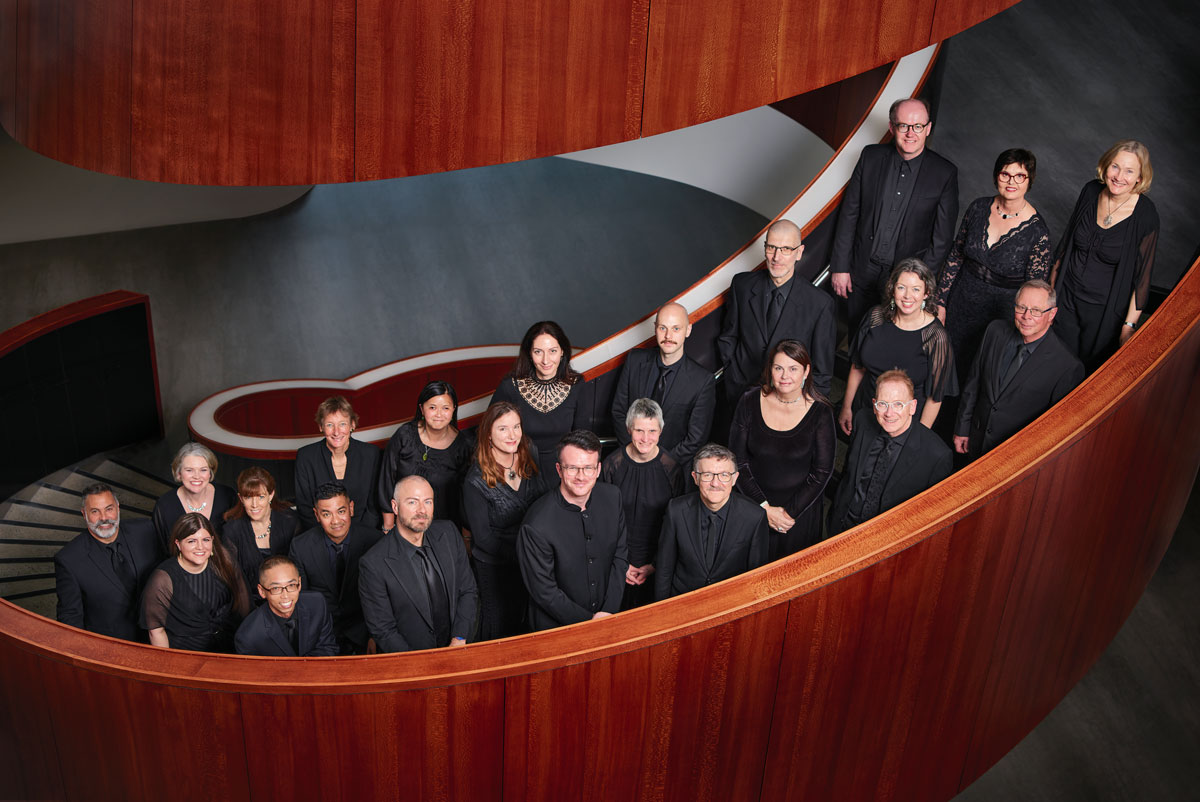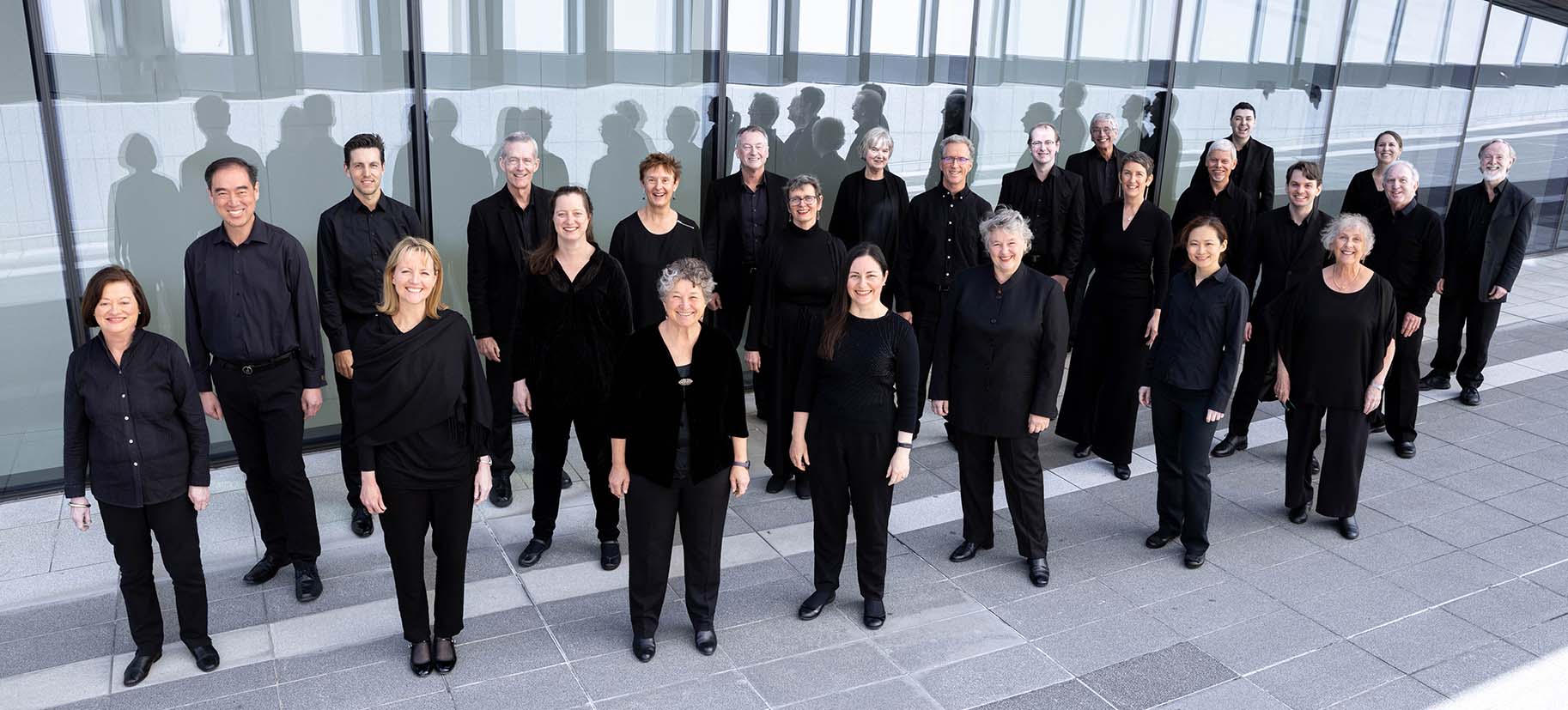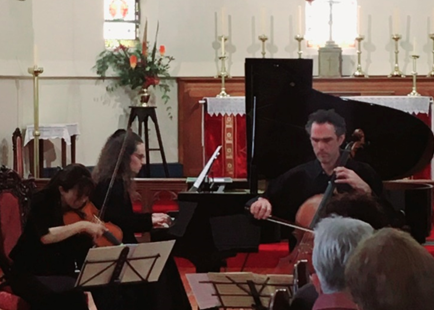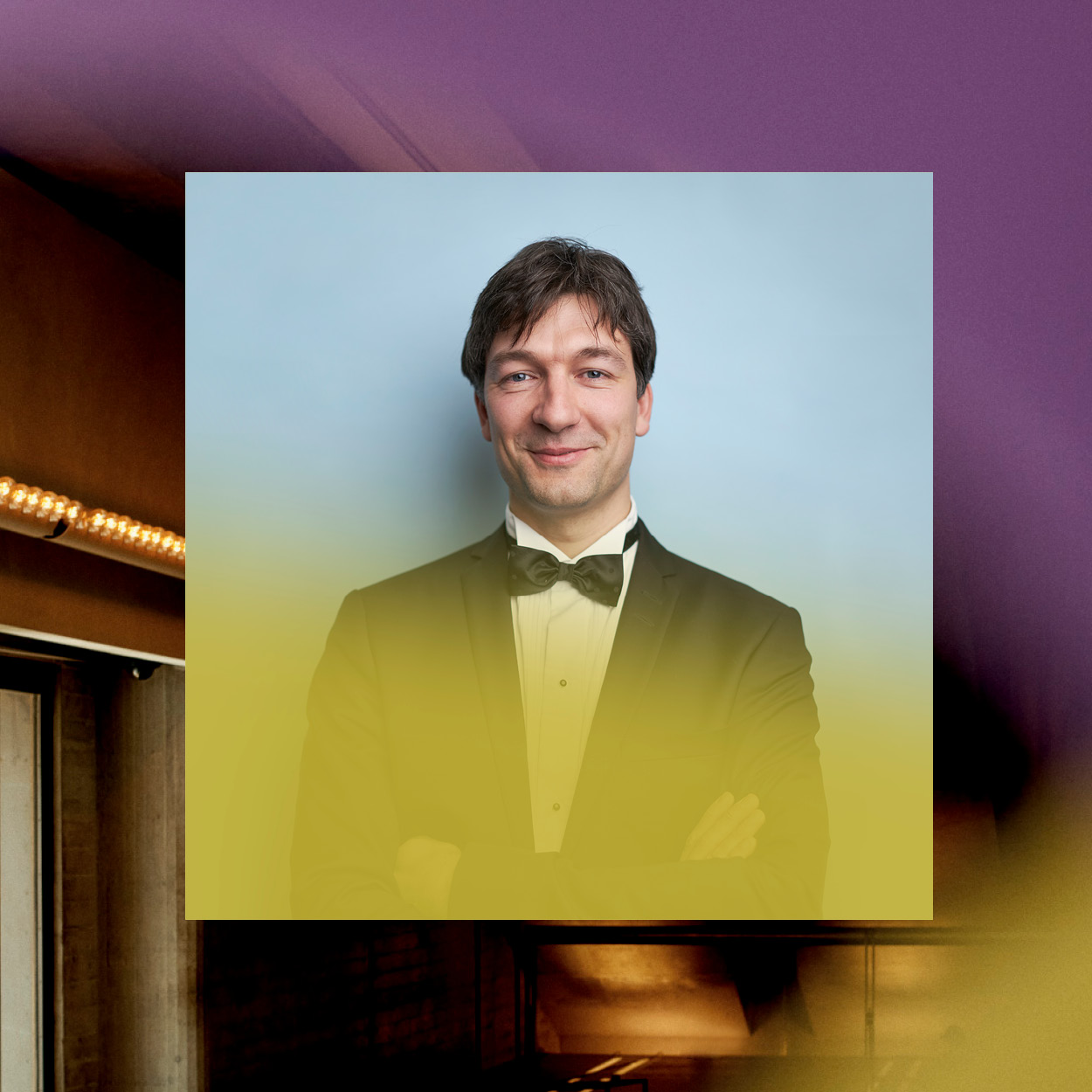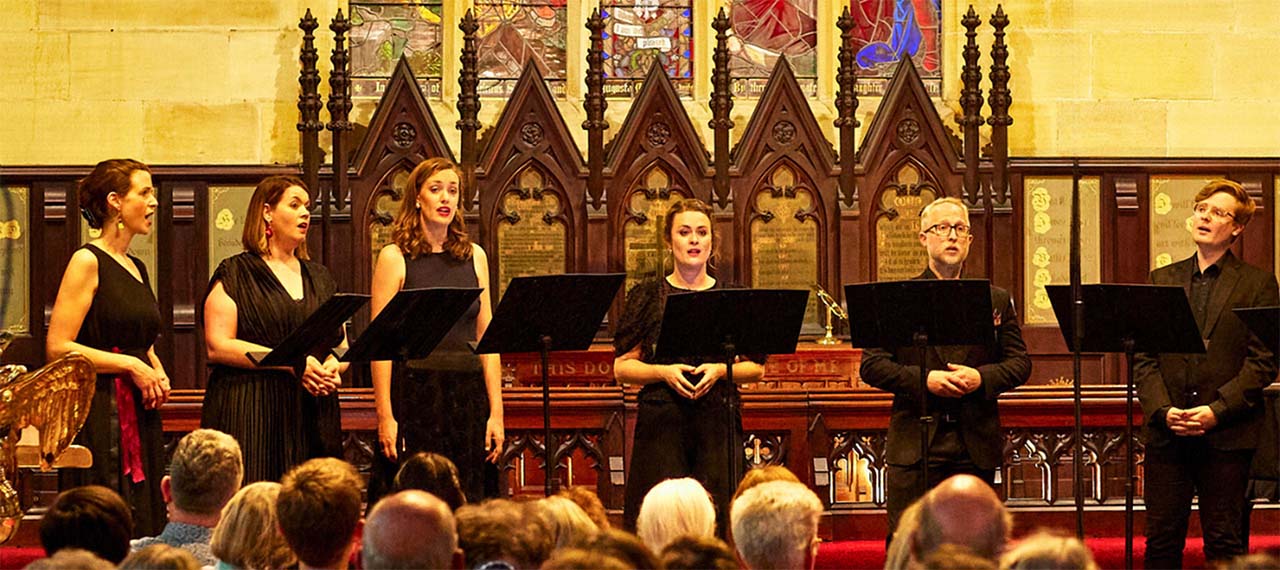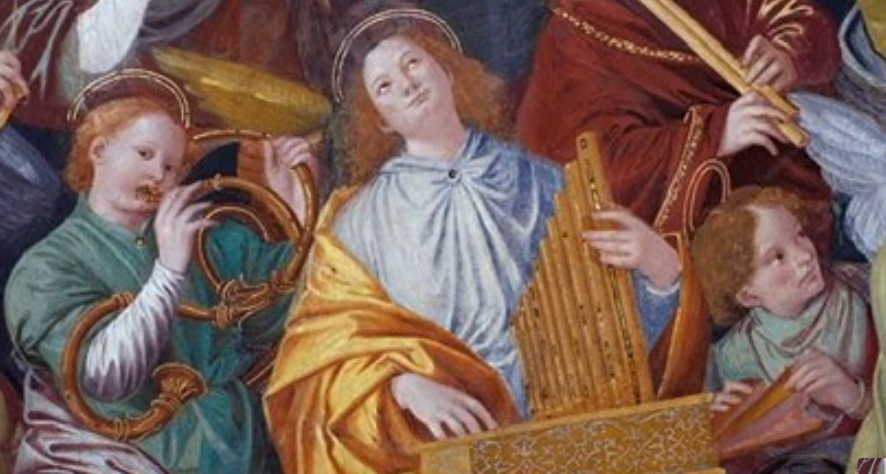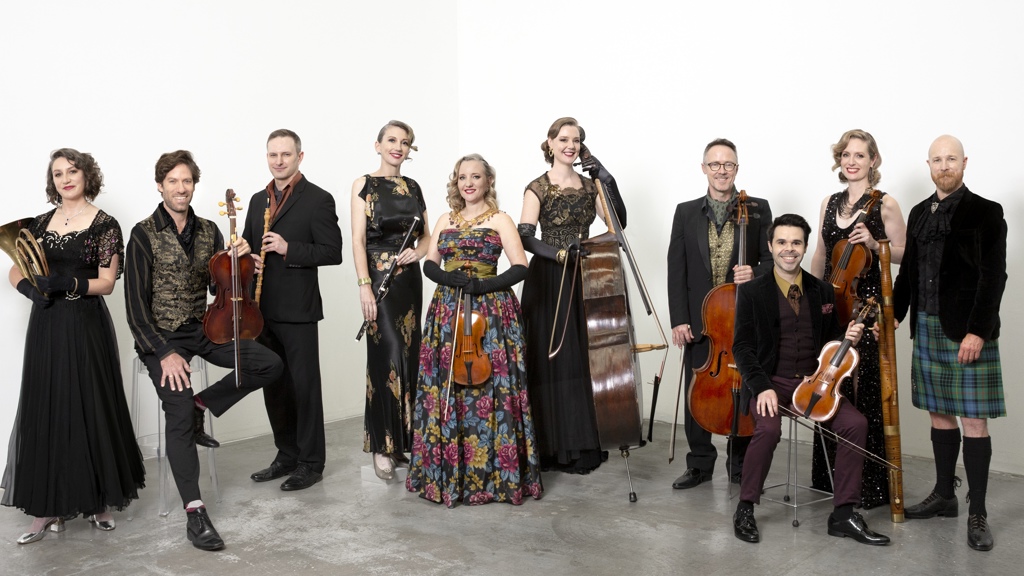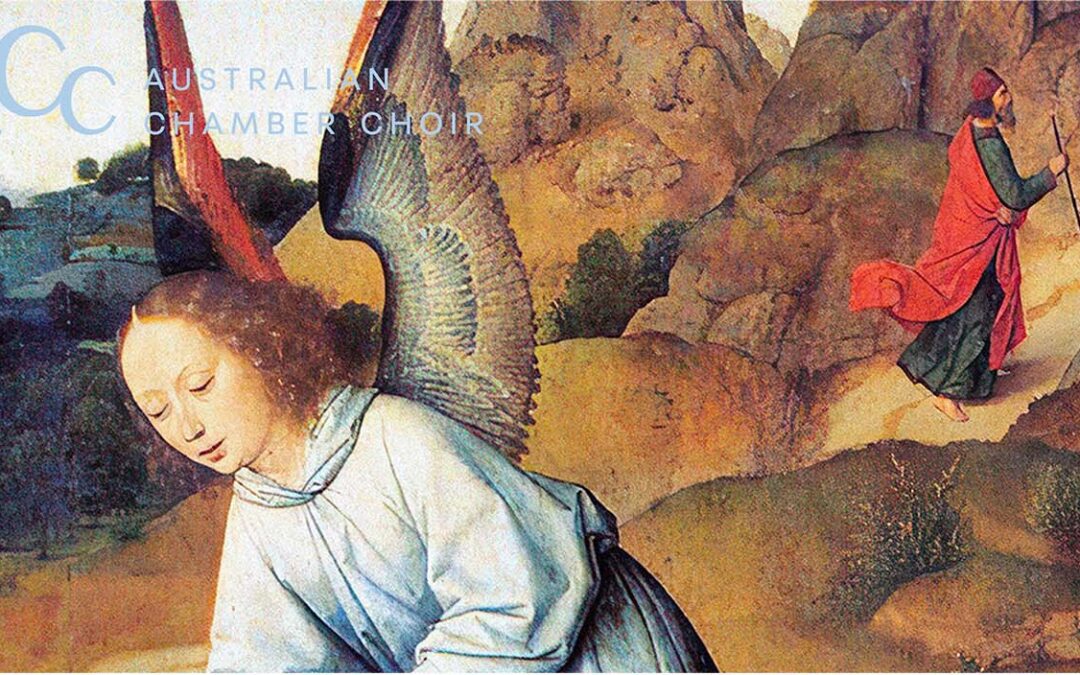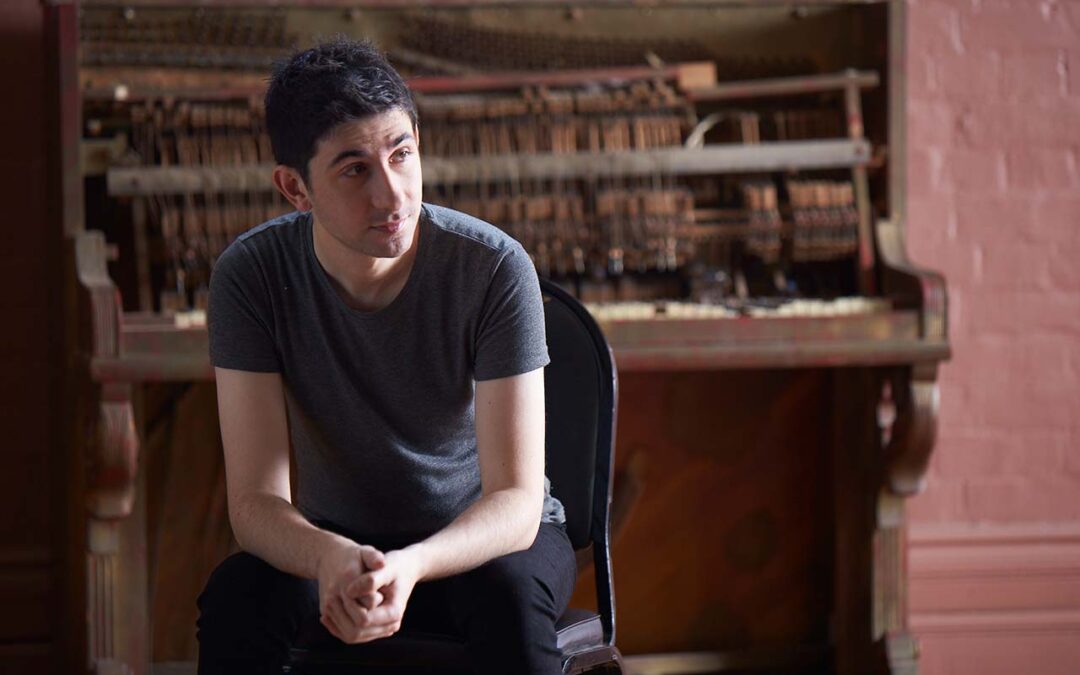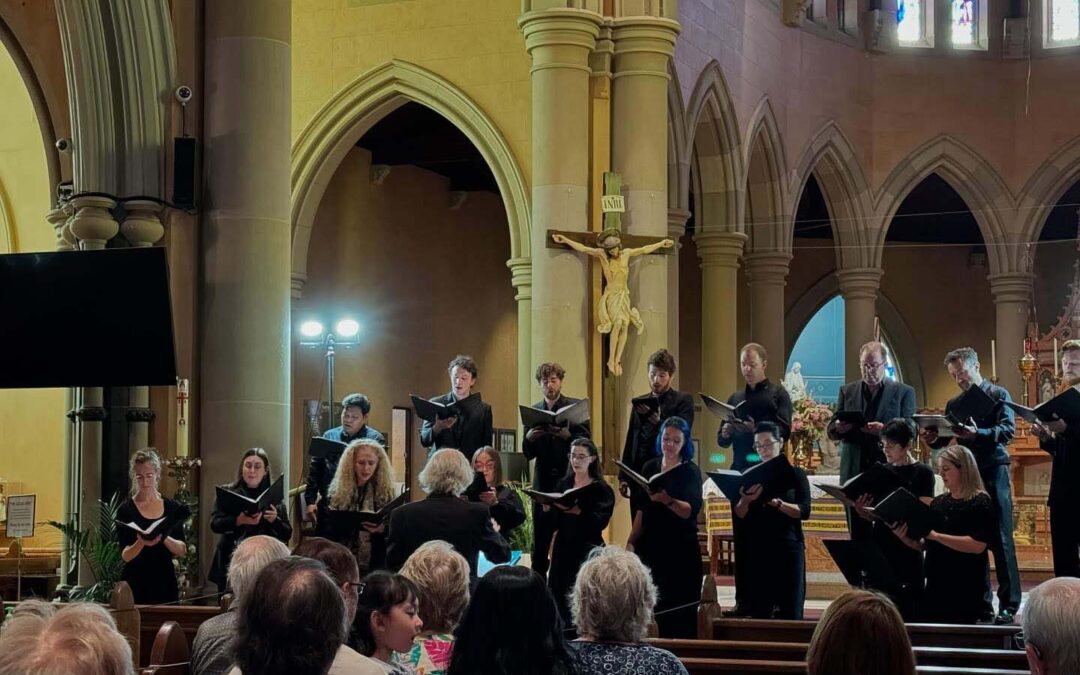Lyrebird Brass | Tonnerre de Brass
Common Tone Records, 2022
A CD made in Melbourne of obscure, dare I say, even on the edge of unknown Belgium, Dutch and French composers may seem a little odd but the works recorded here show interest and the performances by the esteemed Lyrebird Brass are nothing short of perfect.
Being so close to France many of the great musicians of Belgium found fame and fortune in Paris and developed careers that surely would have been impossible from being domiciled in Brussels or another wonderful lowlands city. And even those that stayed in their birth countries show influences from that great artistic melting pot, Paris.
Hornist Carla Blackwood, Joel Brennan, trumpet and trombonist Don Immel, all esteemed teaching and performing staff at the Melbourne Conservatorium of Music, have taken on an amazing project bringing to life this music from the early till the middle of the 20th century.
Lucie Vellère’s Deux essais is a simply constructed work that possibly gains some inspiration from music of the fairground. Written in the year before her death it is clearly an example of her late musical thinking. I found it grew on me with each listening and the performance is simply stunning. Most appropriately placed at the beginning of the CD it is music that attracts with its lyrical lines.
The only composer whose name seemed a touch familiar to me is Arthur Meulemans and hearing his Deuxième Trio sent me searching for more of his richly romantic music. The poco allegro from his second trio for brass comes across as an academic working out of ideas and leads to the gentle and elegant piu lento. Exquisite playing from all but a special mention must go to Joel Brennan for his sweet soaring upper register. The allegro ritmico follows the same intellectual line as the opening mvt and leads to a very clever little fugue.
Algerian born hornist Georges Barboteu (1924 – 2006) wrote numerous works centred around the horn and his 10 minute Trio de cuivres; pour un colloque is a most effective work. The first mvt Lent walks its own path with numerous interruptions as if life itself gets in the way of the musical line. In the Allegro vivace music that seems to be annoyed gives way, nearly, to music that is a little more relaxed.
The first movement of the 1945 trio Sonatine, Op. 26 by the Dutch composer Marius Flothuis (1914 – 2001) is an insistent piece of nothingness, neither this nor that. Quite fun. The moderato is far more introspective and the playing by the Lyrebird Trio makes this music much more than I would suspect is apparent by simply looking at the score. They search for exquisite tonal qualities and they find them! The last mvt starts out with a dramatic and bouncy musical argument before finishing in a blaze of brass happiness.
Sparkling playing starts the Capriccio, Op.37 by another Belgium composer Frits Celis (b. 1929). At around 11 minutes it is one of the more substantial works on the CD. The Grave allows the musicians lots of scope to play with brass colours. The final third mvt Allegro giocoso returns to the energy of the opening Allegro con spirit.
The music of Belgium composer Mathieu Debaar (1895 – 1954) is totally unknown to me and more the pity as I have heard many compositions from the first part of the 20th century that do not engage as much as the music in his Suite. Lovely ensemble and solos from all and clearly trombonist Don Immel had fun in Héroïque as did Carla Blackwood in the loads of fun Scherzetto. The darkest sounds in this suite were reserved for the austere song for the dead, Thrêne with muted trumpet and repeated trombone intoning then a beautiful high horn solo from Blackwood.
Players of valve brass instruments have much to thank Belgium as Adolphe Sax and his father Charles did much to improve early experiments on valve instruments. And here in Australia we have much to be grateful for such ensembles as the Lyrebird Brass.
The question arises why composers of the Netherlands, Belgium and France wrote so many trios for trumpet, horn and trombone. Maybe the 1922 Sonata by Francis Poulenc influenced composers to write for such an ensemble but whatever was in the zeitgeist in the middle section of the 20th century the result is a small treasure of works that live audiences and listeners, and indeed many performers too, have still to discover.
After I listened to the CD several times I read the wonderful notes on Lyrebird’s website. Don Immel has written of his time in Belgium and visiting various cities and returning to Australia with a huge amount of unknown and nearly forgotten music. This CD is part of his important documentation of music of this genre in a particular time and place. It is a valuable resource to many brass players and teachers. Lyrebird Brass have clearly spent much time thinking through the tone colours and tempi of the works and this brings more variety than one would expect from a CD devoted to just 3 players and in music that does not have a famous or familiar composer. I really like the way that this group manages the approach to vibrato and tonal blending needed to make a great chamber group. And individual contributions are delightful.
Informative liner notes and a perfectly bright sound from the recording engineer make this a most enjoyable CD.
Bravo to all!

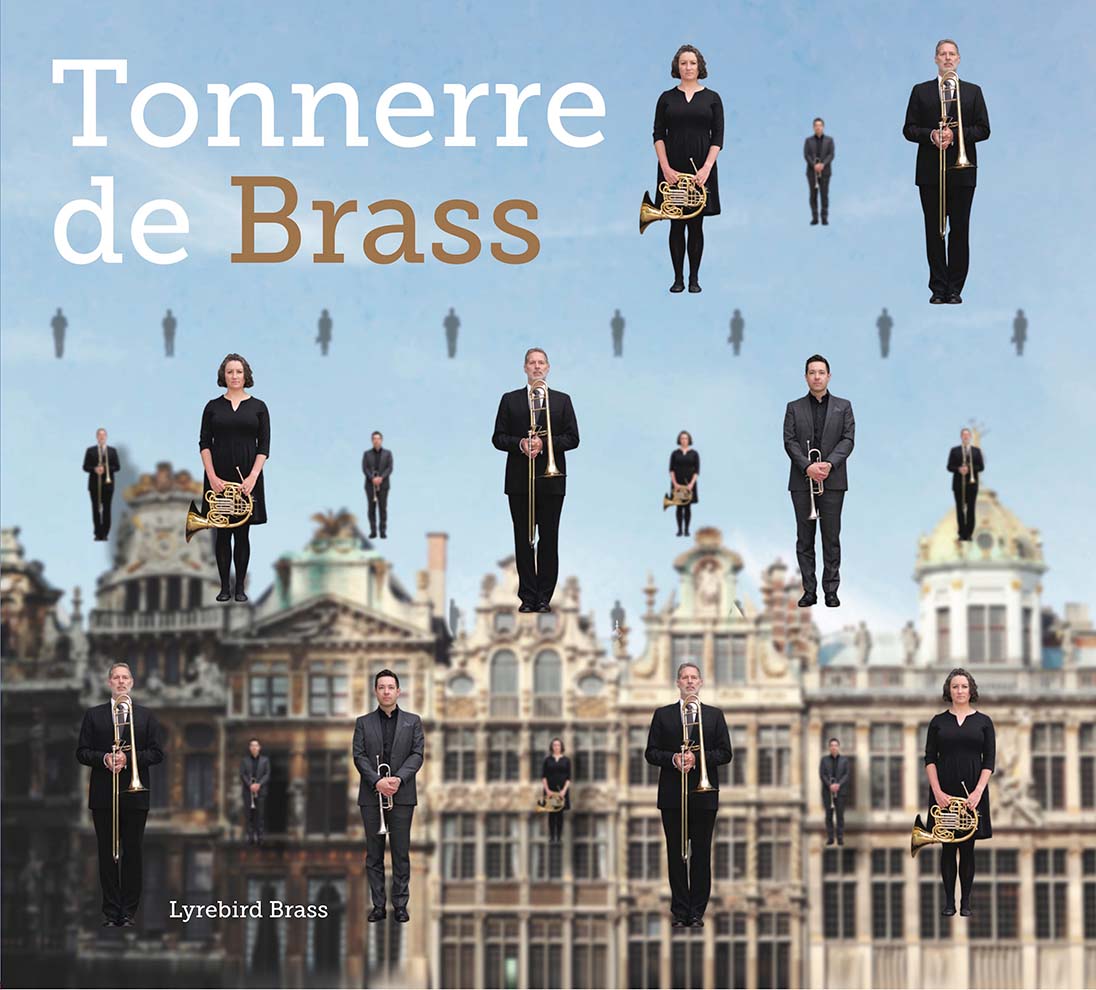



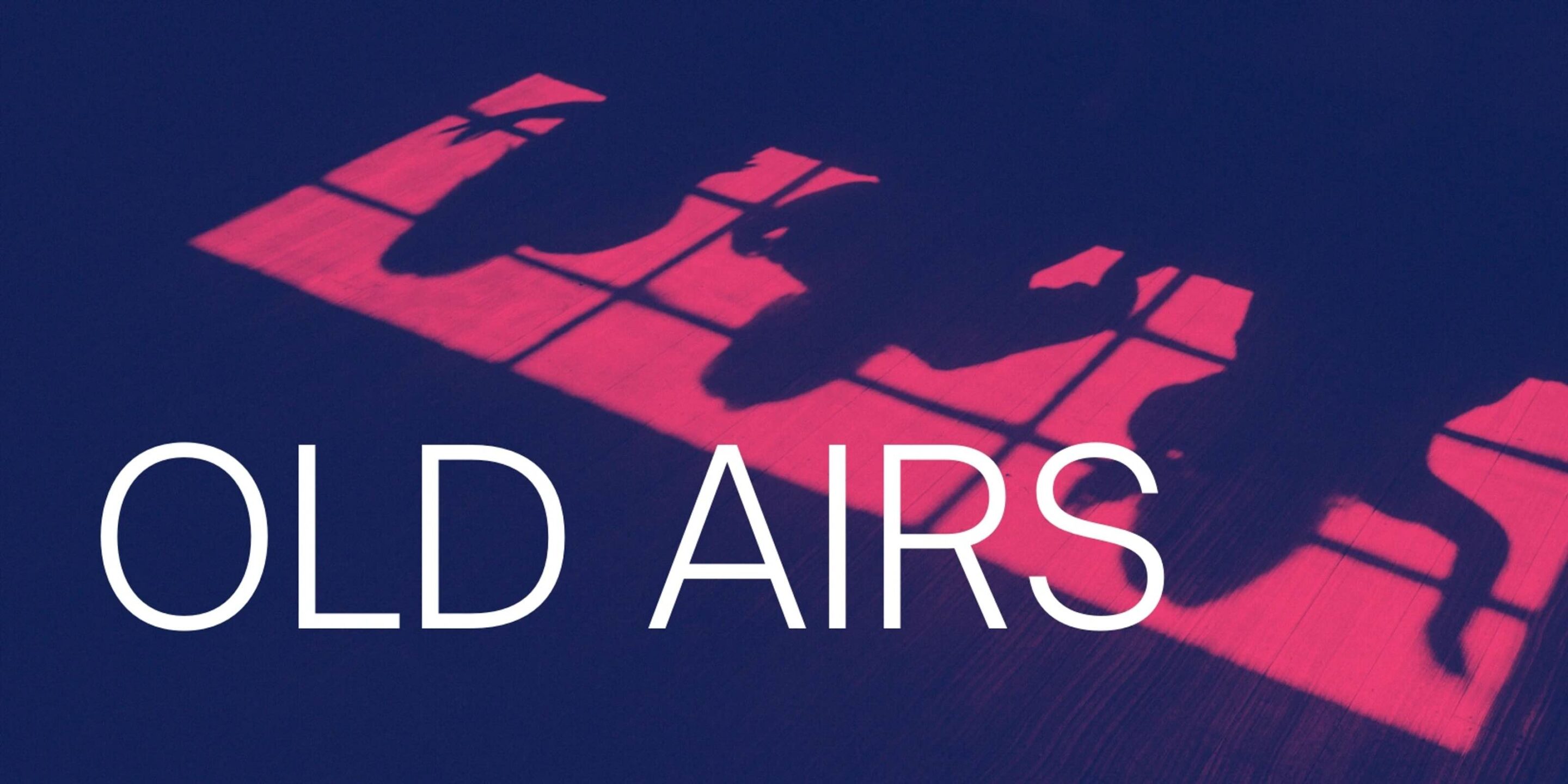
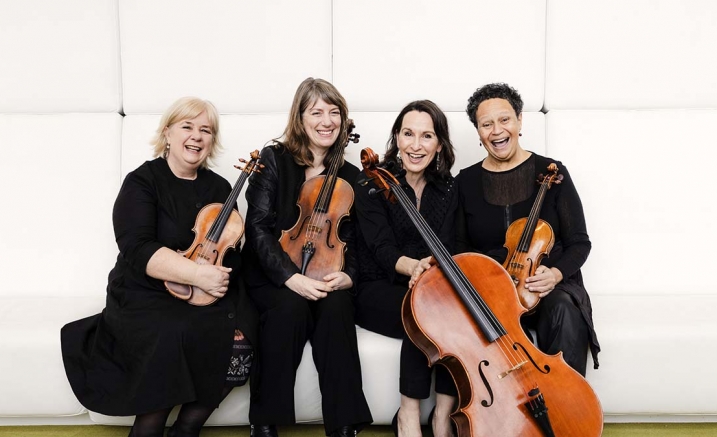


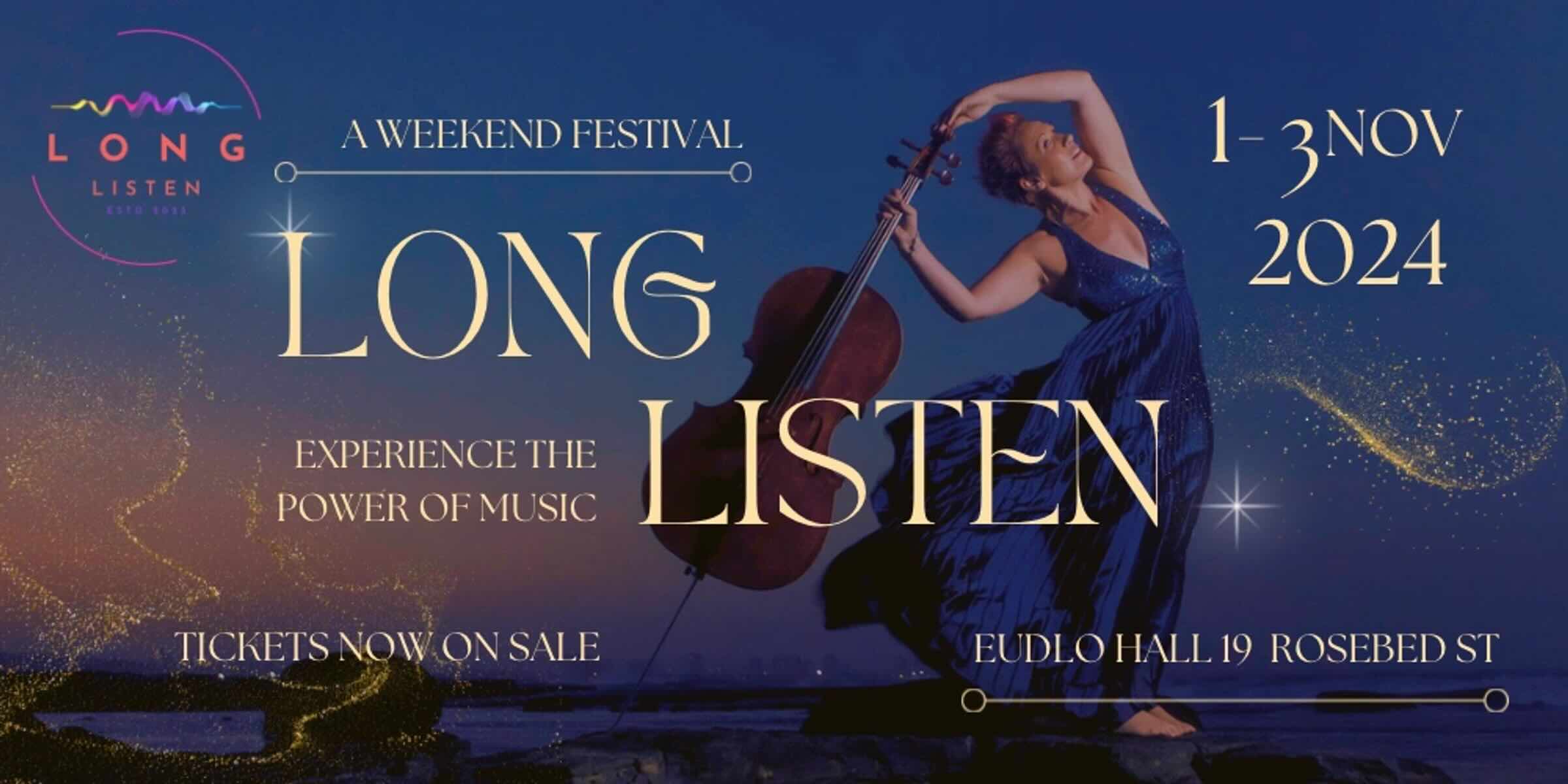
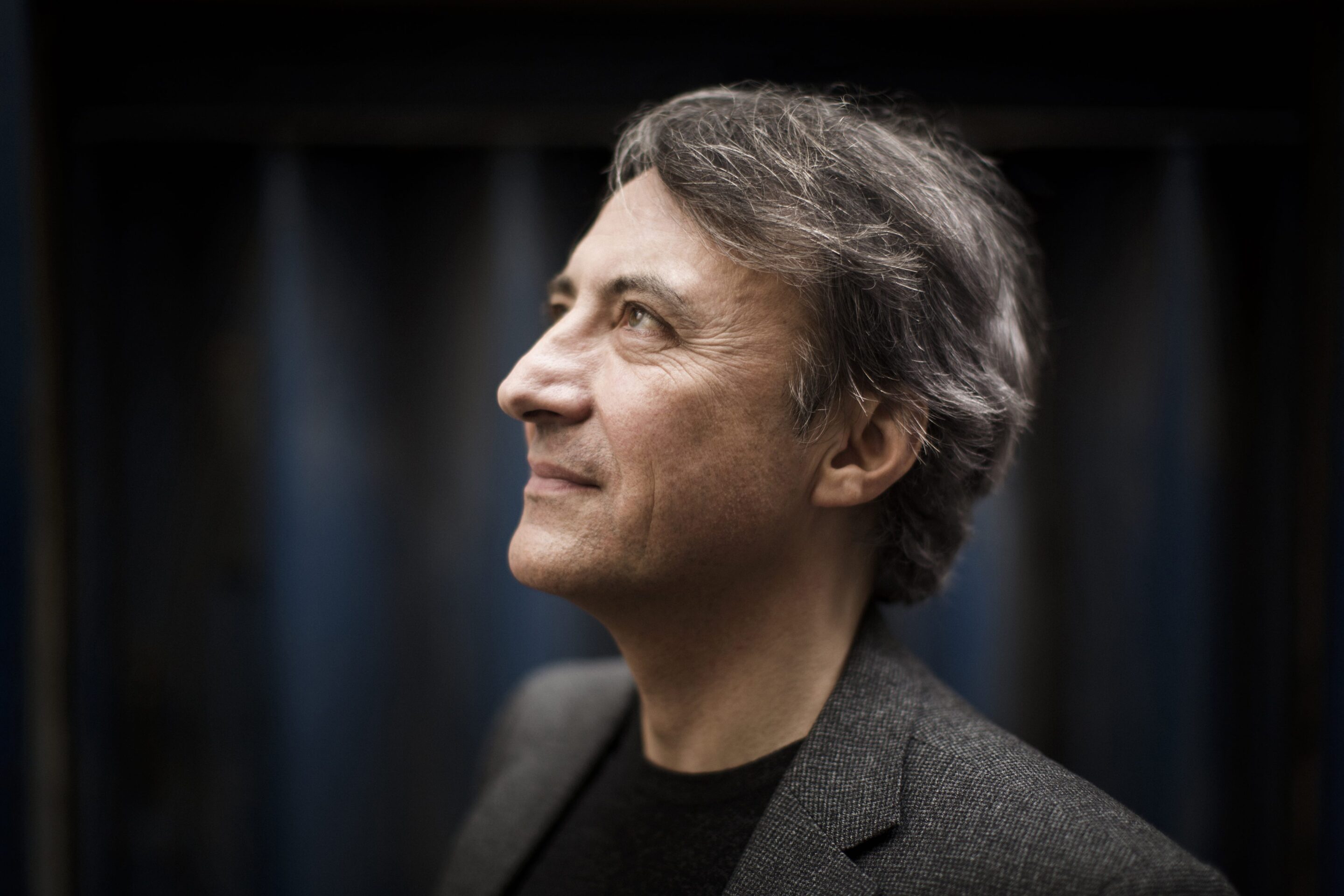

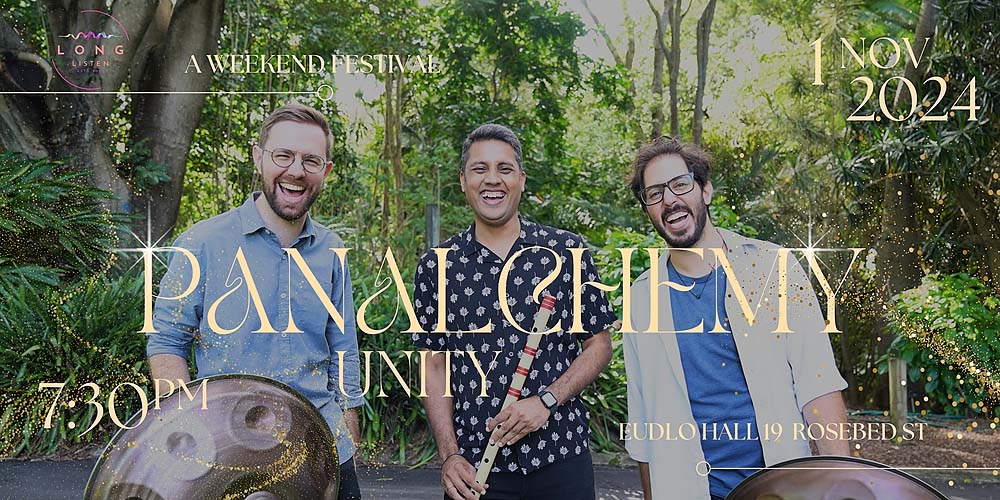

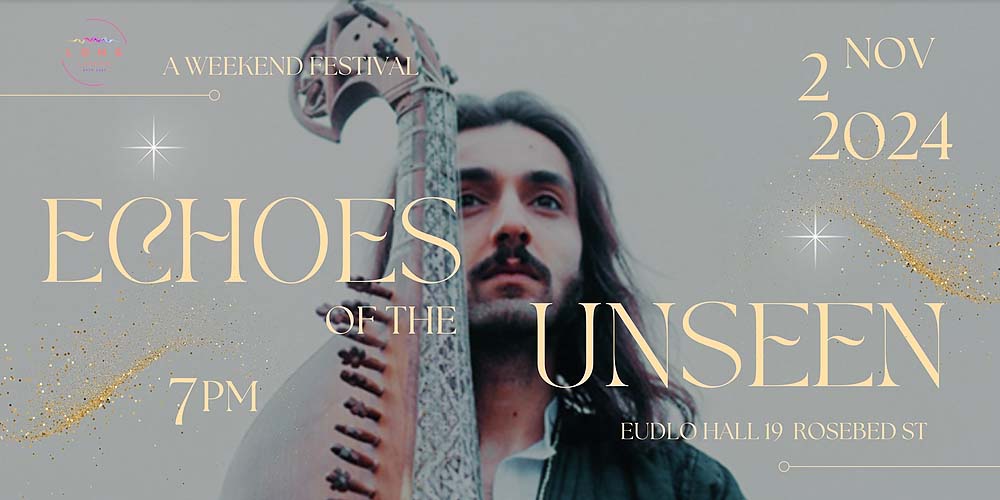
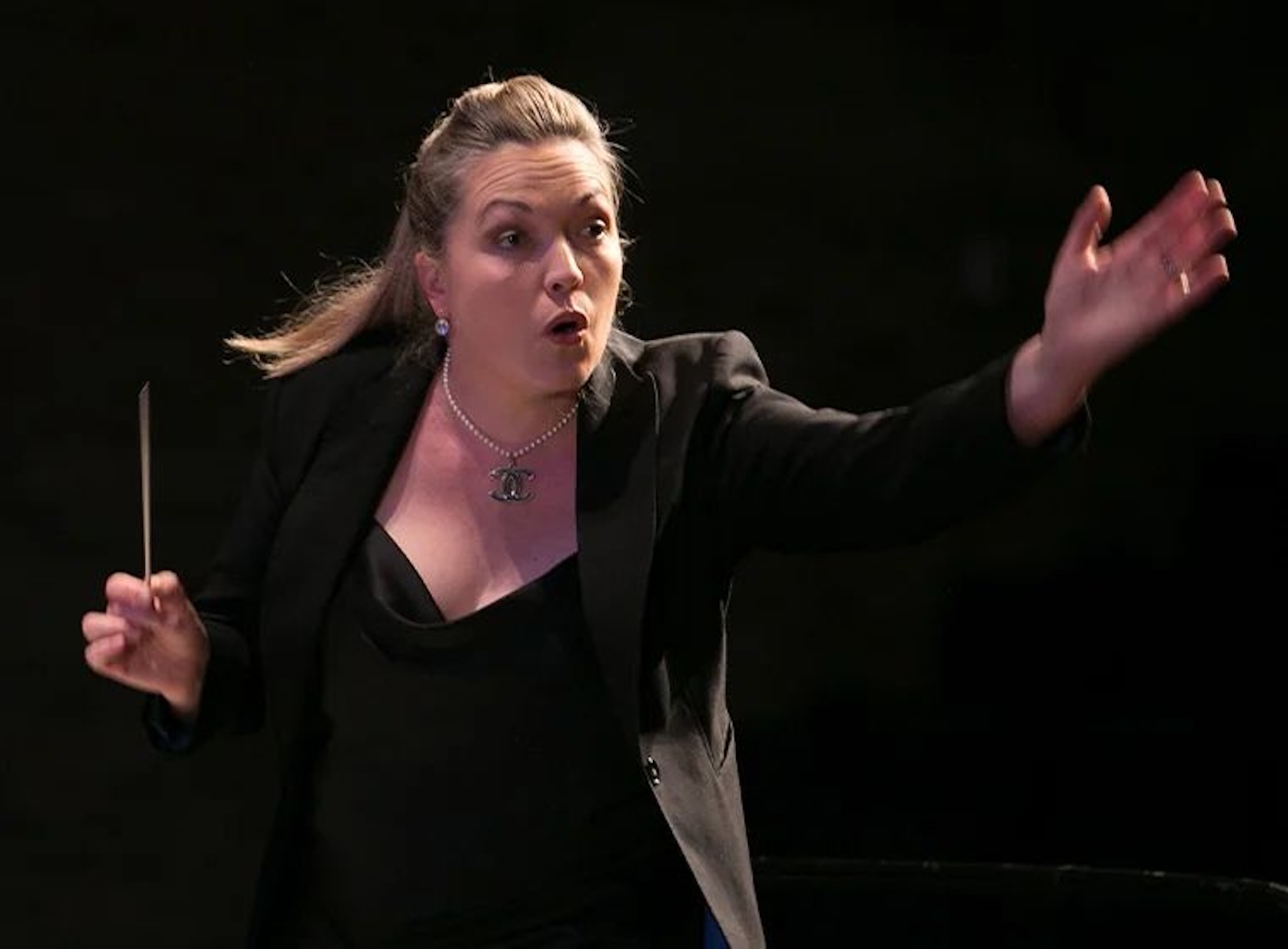
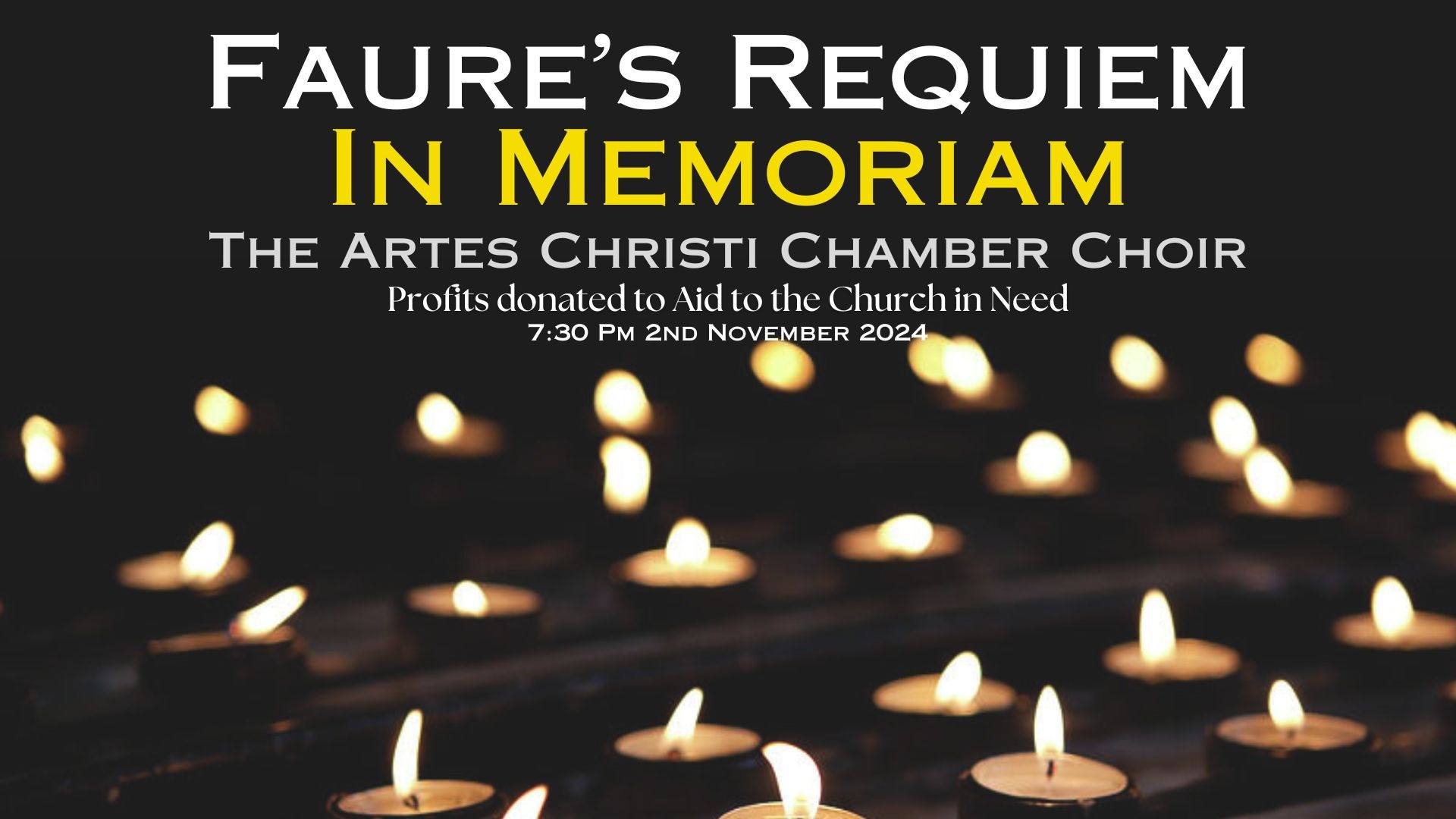
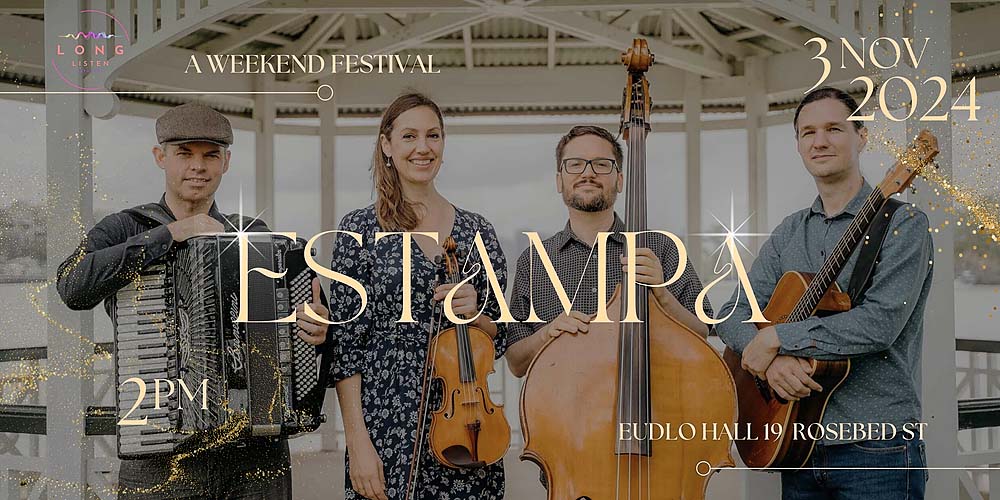





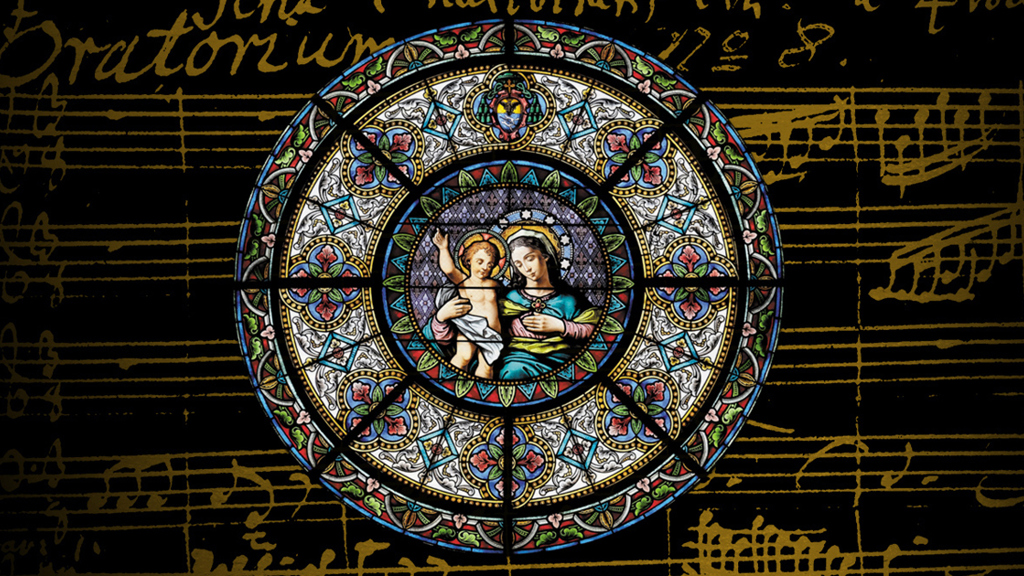
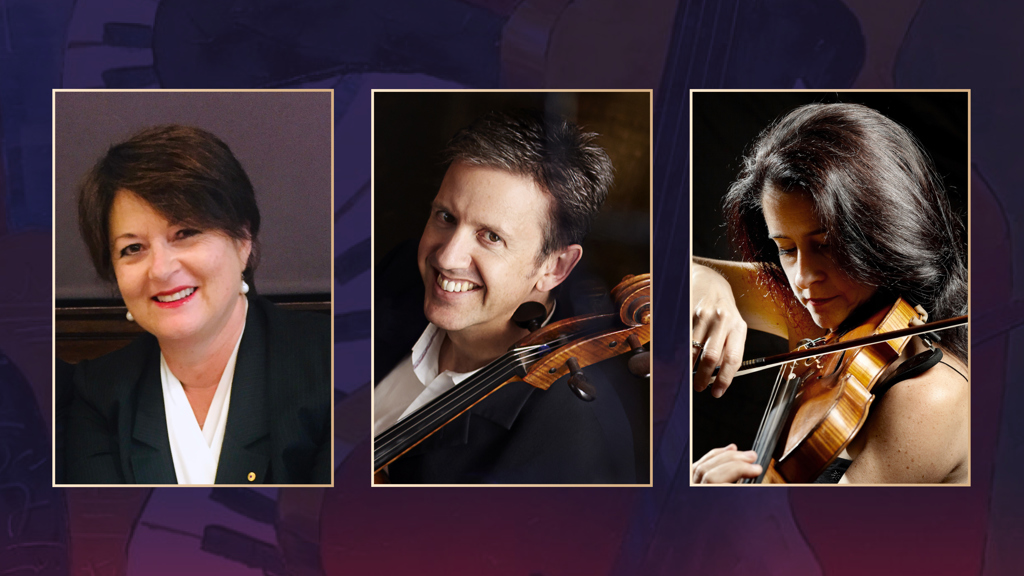

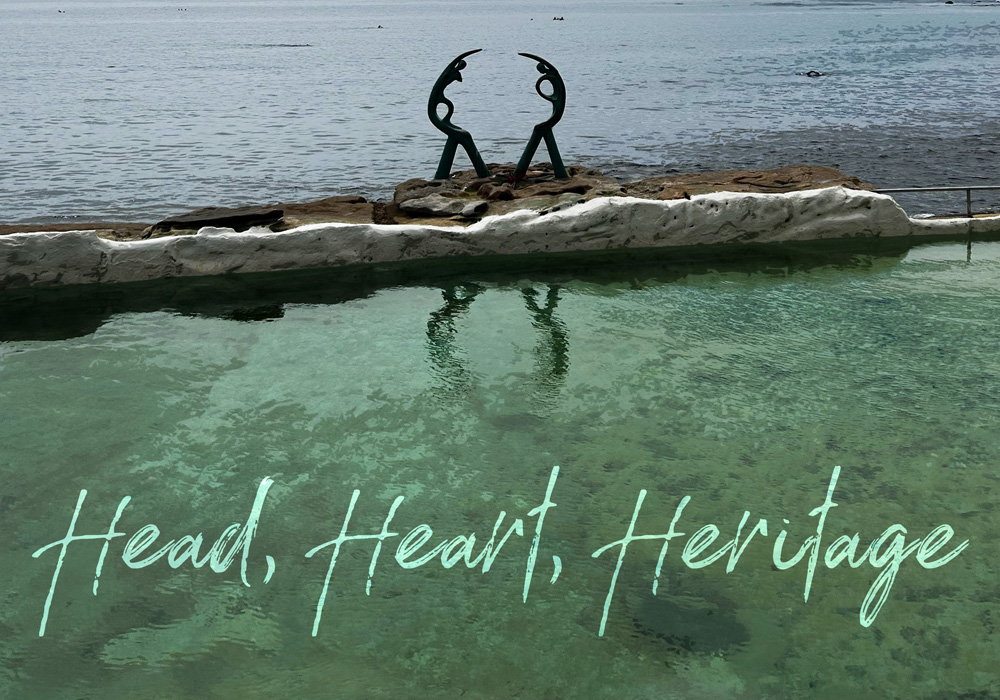
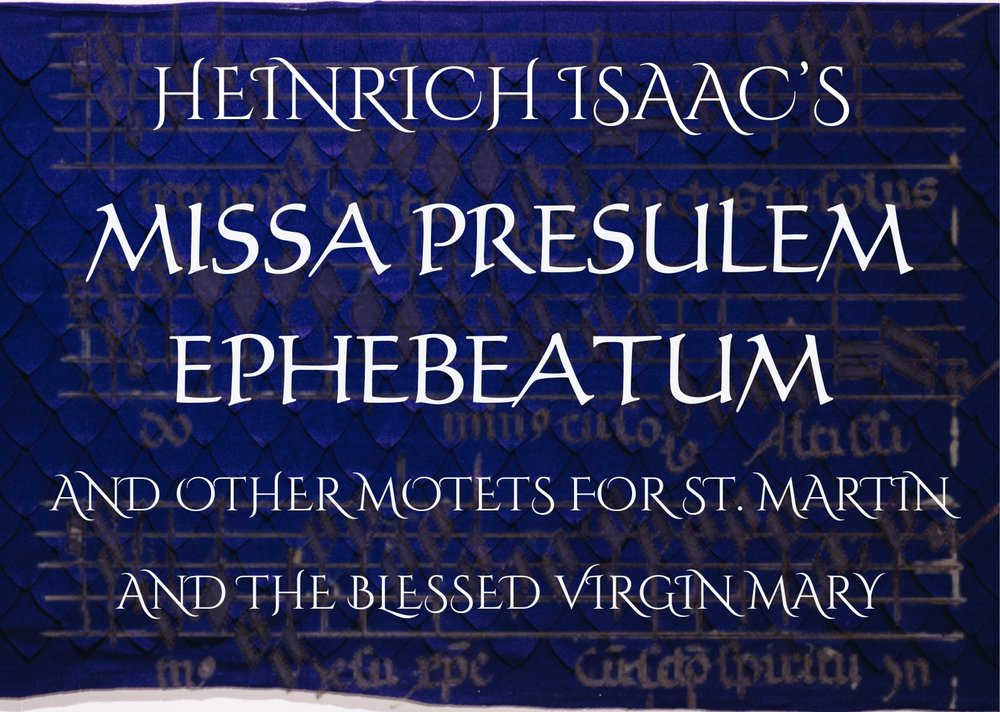

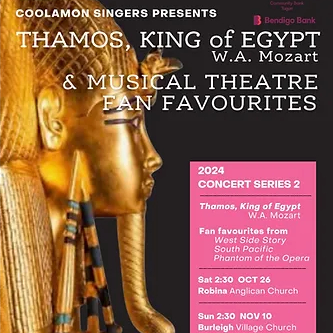
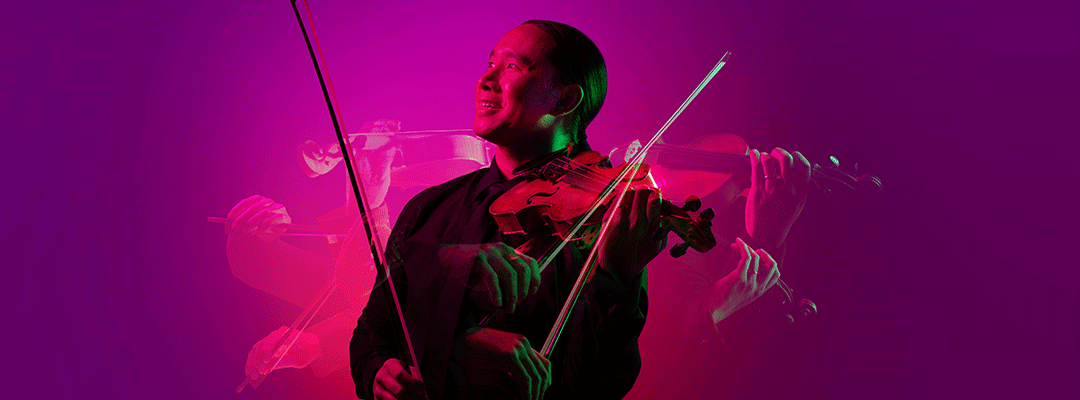


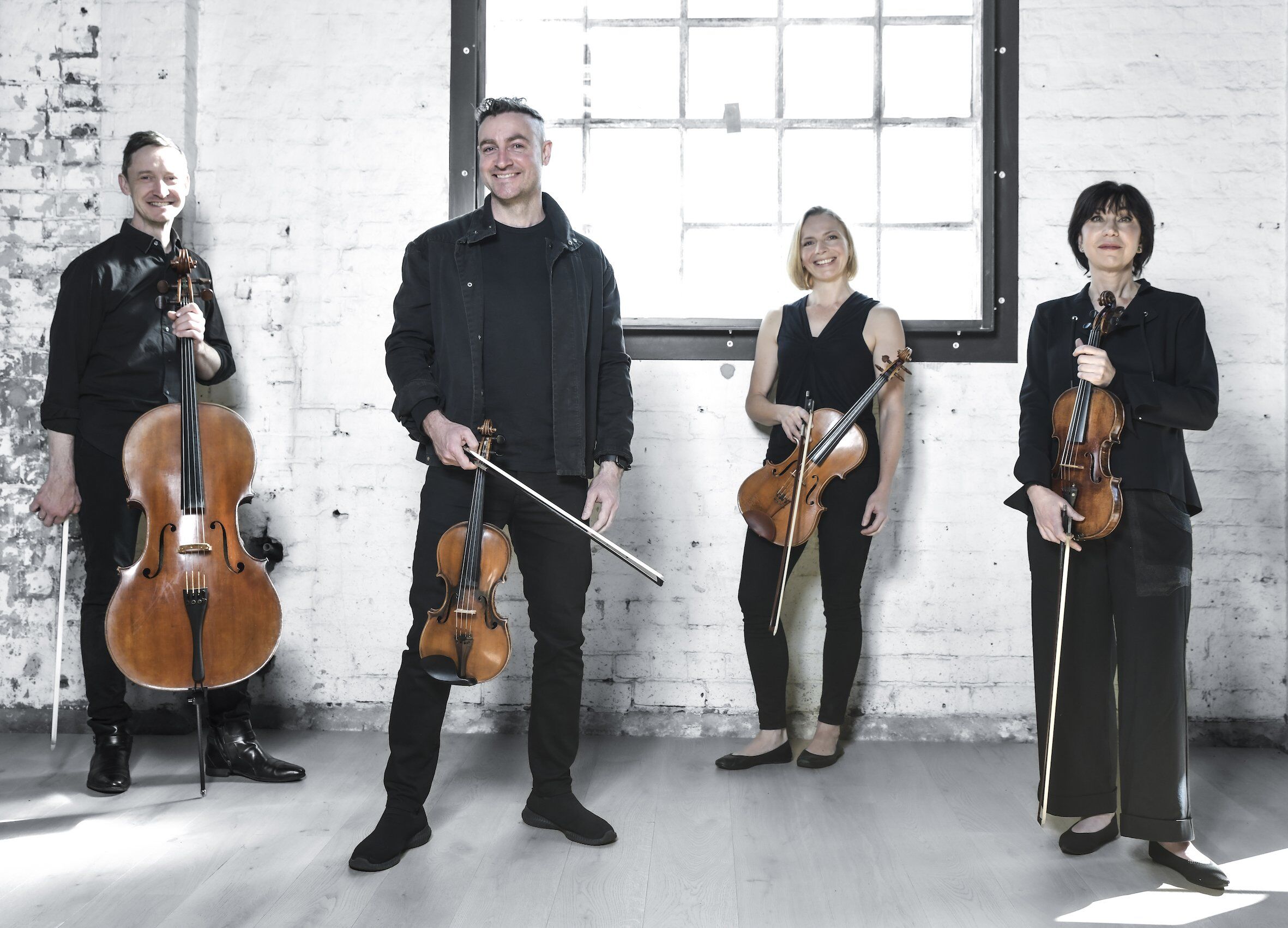

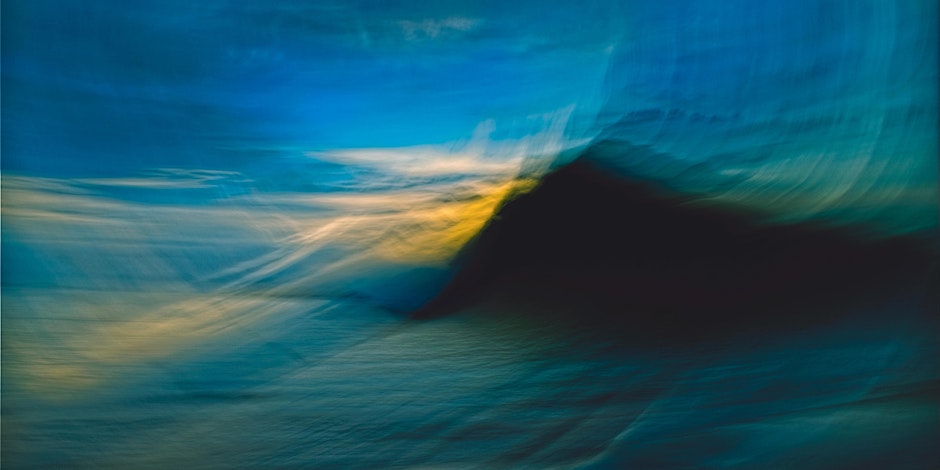



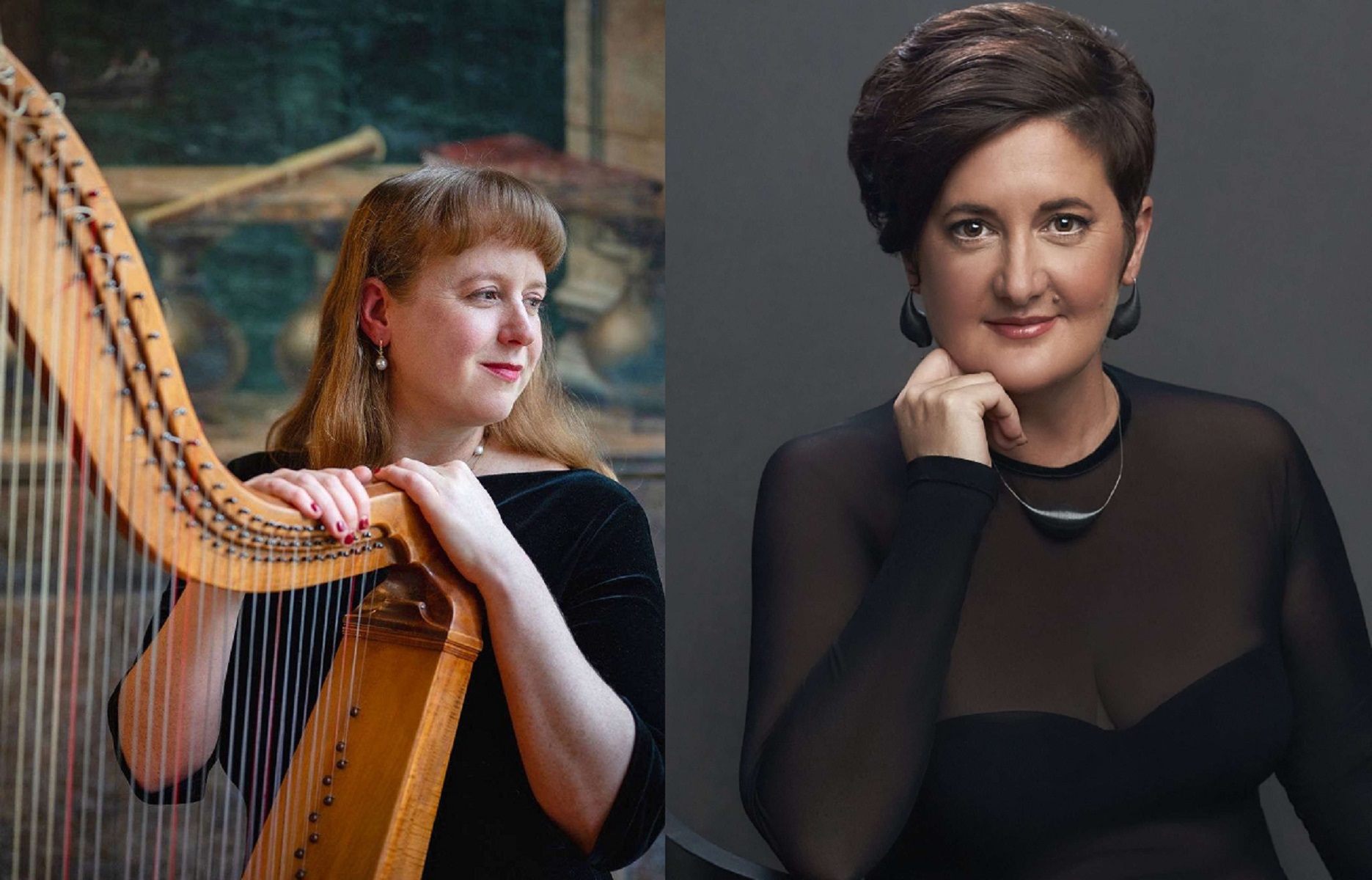
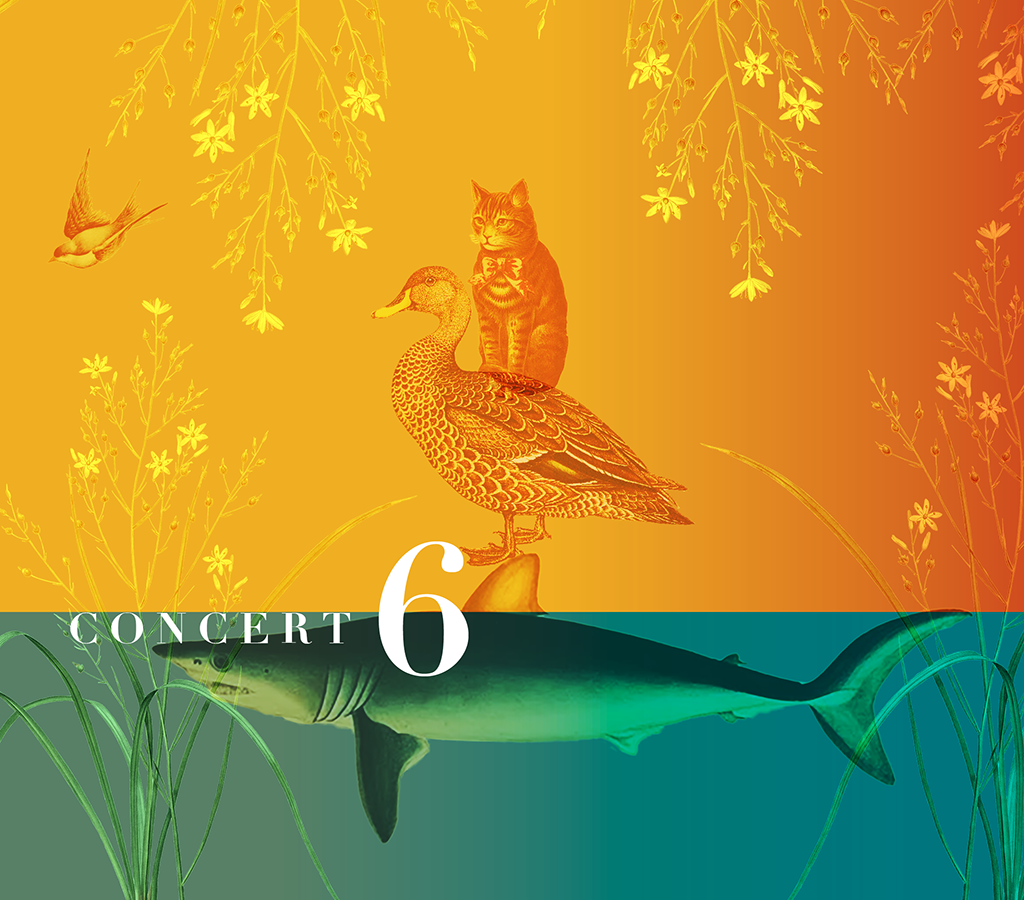

![user222 mrc mostlymozart [splendour of vienna] user222 mrc mostlymozart [splendour of vienna]](https://cdn-classikon.b-cdn.net/wp-content/uploads/2024/02/user222-mrc_mostlymozart_splendour_of_vienna.png)

